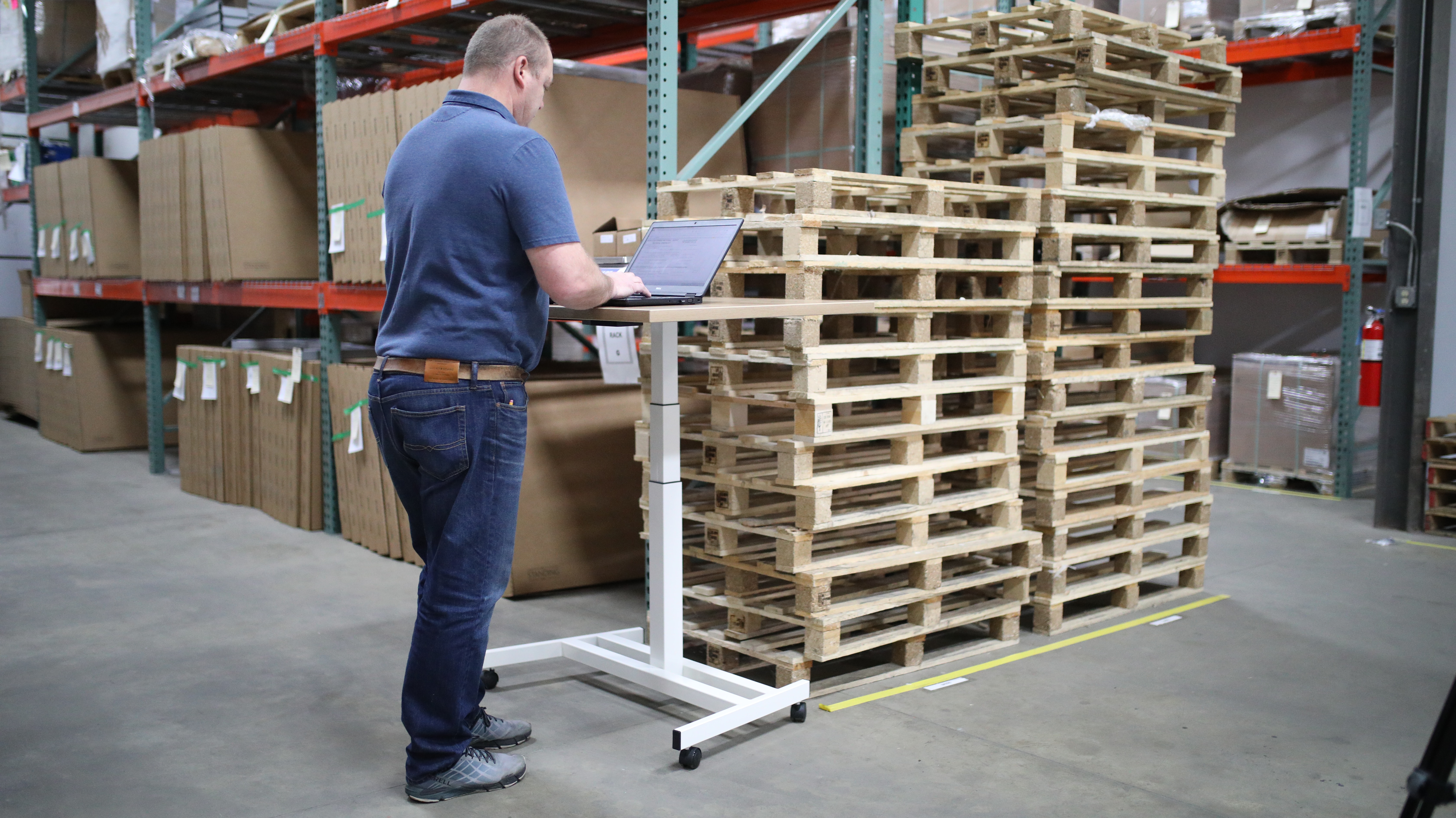
Introduction
Truck dispatching plays a pivotal role in the efficient and coordinated movement of goods across the transportation industry. It is a critical function that involves the coordination, scheduling, and optimization of trucking operations, ensuring the timely delivery of goods from origin to destination. This article delves into the world of truck dispatching, exploring its significance, key responsibilities, and impact on the logistics ecosystem.
The Significance of Truck Dispatching
Truck dispatching serves as the backbone of the logistics industry, bridging the gap between shippers, carriers, and consignees. It plays a vital role in ensuring the smooth flow of goods and maximizing the utilization of transportation resources. Efficient truck dispatching helps reduce transit times, improve customer satisfaction, and optimize overall supply chain performance.
Key Responsibilities of Truck Dispatchers
- Route Planning and Optimization: One of the primary responsibilities of truck dispatchers is to plan and optimize routes for each shipment. They consider various factors such as distance, traffic conditions, delivery deadlines, and specific customer requirements. By carefully designing efficient routes, dispatchers minimize travel time and fuel consumption, reducing costs and improving operational efficiency.
- Load Matching and Scheduling: Dispatchers are responsible for matching available trucks with appropriate loads. They analyze the characteristics of the cargo, equipment requirements, and carrier capabilities to ensure compatibility. Dispatchers also schedule pick-up and delivery appointments, coordinating with drivers, shippers, and consignees to ensure smooth operations and timely shipments.
- Communication and Coordination: Effective communication is a critical aspect of truck dispatching. Dispatchers maintain constant contact with drivers, providing them with necessary instructions, updates, and any changes to the planned routes or schedules. They act as a central point of contact, facilitating coordination between various stakeholders, including customers, carriers, and warehouse personnel.
- Monitoring and Problem Solving: Dispatchers continuously monitor the progress of shipments, tracking the location of trucks and monitoring delivery milestones. In case of unforeseen circumstances such as traffic delays, mechanical issues, or weather disruptions, dispatchers quickly assess the situation and implement alternative solutions. They proactively address any issues to minimize disruptions and ensure the on-time delivery of goods.
Impact on the Logistics Ecosystem
- Efficient Resource Utilization: Truck dispatching optimizes the utilization of transportation resources, maximizing the efficiency of trucking operations. By effectively matching loads with available trucks and planning efficient routes, dispatchers reduce empty miles, increase load capacity, and minimize fuel consumption. This optimization leads to cost savings for carriers and contributes to sustainability efforts by reducing carbon emissions.
- Timely Deliveries and Customer Satisfaction: Truck dispatching plays a crucial role in meeting delivery deadlines and ensuring customer satisfaction. Dispatchers carefully plan routes, consider potential delays and monitor progress to ensure that shipments reach their destinations on time. By providing accurate and real-time updates to customers, dispatchers enhance transparency and build trust.
- Supply Chain Resilience: Effective truck dispatching contributes to the resilience of the supply chain. Dispatchers are skilled in adapting to unforeseen disruptions, such as natural disasters or unexpected events, and quickly adjusting plans to minimize disruptions. Their ability to respond and find alternative solutions helps maintain the flow of goods and reduces potential disruptions to the supply chain.
- Cost Efficiency and Profitability: Truck dispatching optimize transportation operations, leading to cost savings for carriers and increased profitability. By reducing fuel costs, improving load capacity, and minimizing operational inefficiencies, dispatchers contribute to cost control measures. This allows carriers to remain competitive in the market and invest in fleet maintenance, technology upgrades, and employee training.
Conclusion
Truck dispatching plays a vital role in the efficient and synchronized movement of goods within the logistics industry. Dispatchers serve as the orchestrators, ensuring that shipments are delivered on time, optimizing resources, and enhancing customer satisfaction. With their expertise in route planning, load matching, and problem-solving, dispatchers contribute to the overall efficiency and resilience of the supply chain. In an ever-evolving logistics landscape, the importance of effective truck dispatching continues to grow, driving the success of the transportation industry as a whole.
